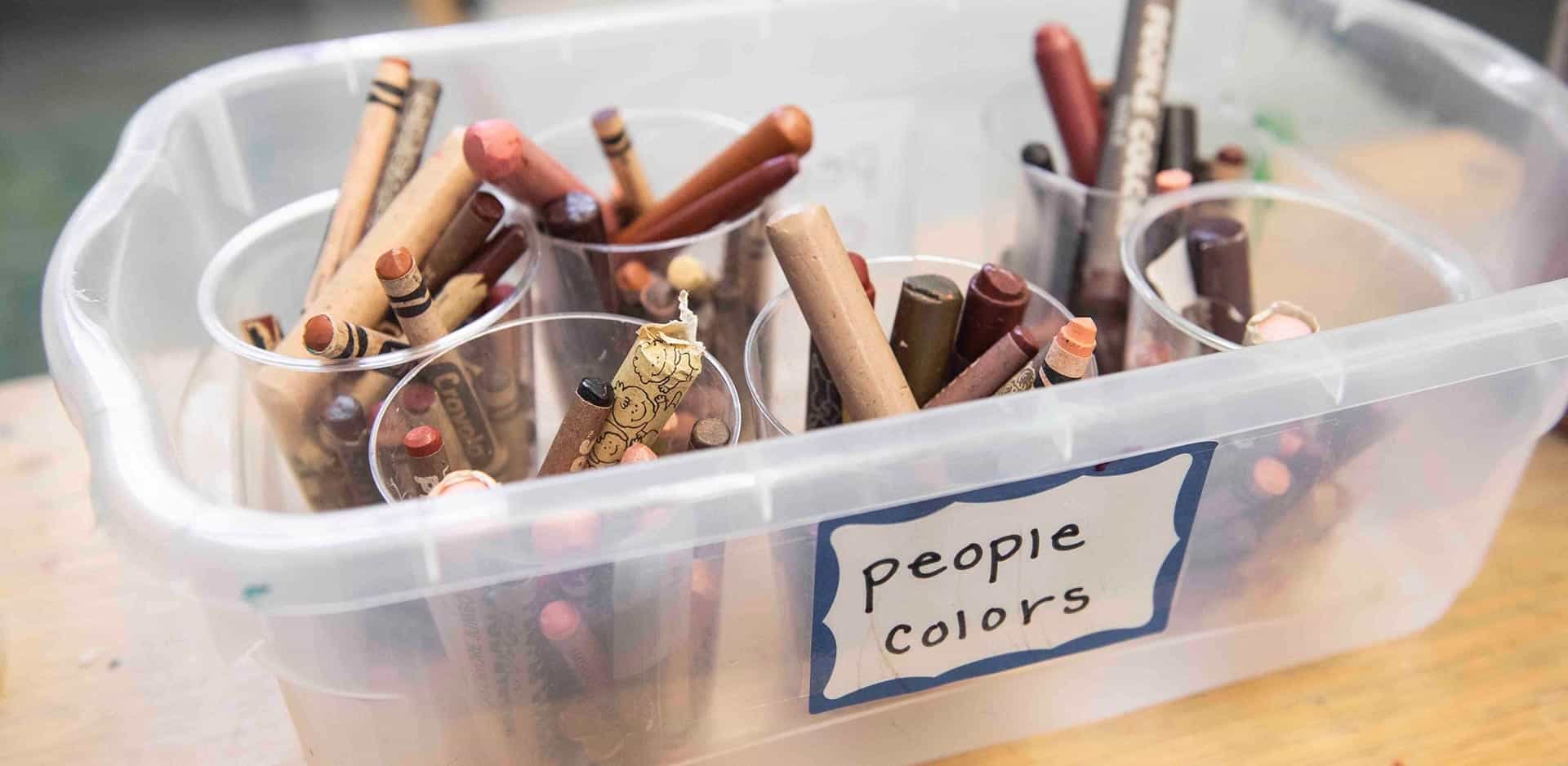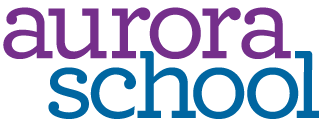Aurora School
Multi-Grade Classrooms
Aurora’s most distinctive feature is our multi-grade classrooms, where students in grades K/1, 2/3, 4/5, and Middle School share classrooms. We have found this approach reaps a range of benefits, including:
- By spending two years in the same classroom, students establish stronger relationships and trust with their classmates and teachers.
- Teachers know their students as learners in a much deeper way when having them over the course of two years. When students return for the second year, teachers do not have to start from the beginning. They know who they are as learners and can challenge and support them from day one.
- When students return for their second year in a familiar classroom, they return with a sense of confidence that leads to building strong leadership skills.
- Younger students are welcomed and mentored by older students, and in turn become mentors themselves the next year. This fosters empathy, confidence, and appreciation in our students.
- Combined grades widen the learning span, allowing greater opportunities for all learning levels.
- Because age and developmental levels do not always coincide, there are opportunities for students to establish friendships with older and younger peers.
In our multi-grade classrooms, curricula are rotated on an A/B cycle so that students never repeat material. For some subjects, like math and specialist classes, students learn in smaller groups appropriate to their grade level. The long-term effect of this is a close and compassionate school community where everyone knows and supports each other.
Diversity, Equity and Inclusion

Aurora strives to reflect the diversity of the East Bay community. We celebrate diversity at all levels and encourage our students to view the world from multiple perspectives regardless of race, nationality, orientation, gender identity, economic status, and neurodiversity.
We believe that effective learning can only take place in an engaging, inclusive, and respectful environment where everyone feels safe, and included. We work to give students and families alike the opportunity to get to know themselves and each other as learners, members of the community, and empowered and authentic human beings.
Aurora’s families are actively involved in this effort, and our Justice, Equity Diversity, and Inclusion (JEDI) Committee, works with families to provide resources and support. Our JEDI Committee leads our affinity group gatherings for our families.
To help build a school community that is economically diverse, Aurora regularly commits an around 20% of our revenue to provide Flexible Tuition to families. 30% of Aurora families receive Flexible Tuition.


Social Emotional Learning
Social-emotional learning (SEL) has emerged as a major buzzword in recent years. At Aurora our educational model has always been grounded in SEL and our staff are experts in teaching SEL skills to our students.
Simply put, SEL is the process of developing the self-awareness, self-management, social awareness, relationship skills, and responsible decision-making skills needed to succeed in school and in life. Research shows these skills are key to being a successful adult in the work world and in personal relationships.
While some schools use an SEL toolkit, Aurora integrates SEL throughout our curriculum so that students are empowered to practice empathy, kindness, and inclusivity as they move through the world with positive intention and engage with life and learning. Incorporating SEL into the learning environment supports our staff in attending to the whole child, further cultivating community. Our teachers and curricula foster a collaborative learning environment in which learning is active rather than passive. Students are at the center of the learning process so that they may develop the intrinsic motivation that leads to deep understanding.
We have long seen the benefits of SEL reflected in our students’ confidence and academic achievement, but the COVID-19 pandemic and its aftermath has shown it to be an even more critical tool. By empowering students to identify and understand their emotions, SEL can help them become more resilient and help them build stronger relationships with peers and adults and provide them with a greater sense of belonging. Our graduates take these skills with them and become empathetic, social justice and academic leaders in their high schools, colleges, and adult lives.